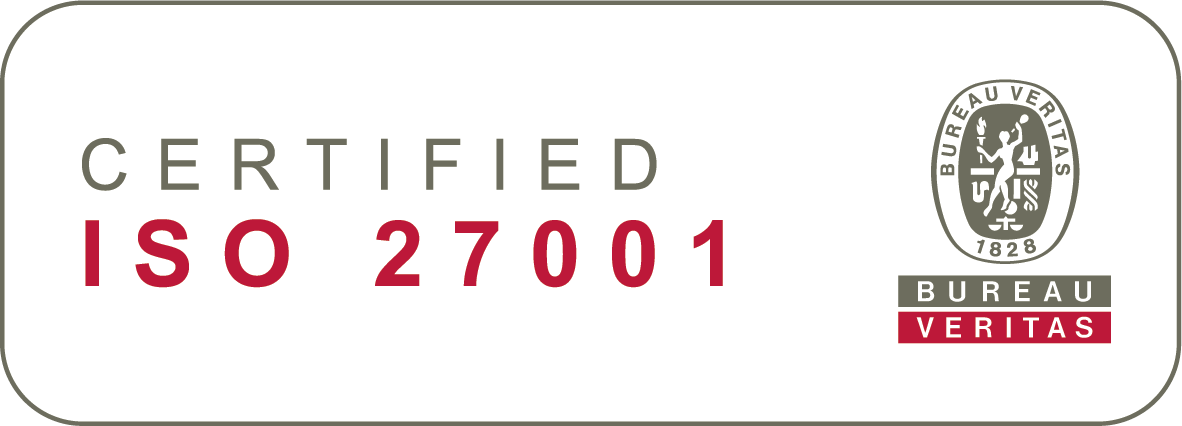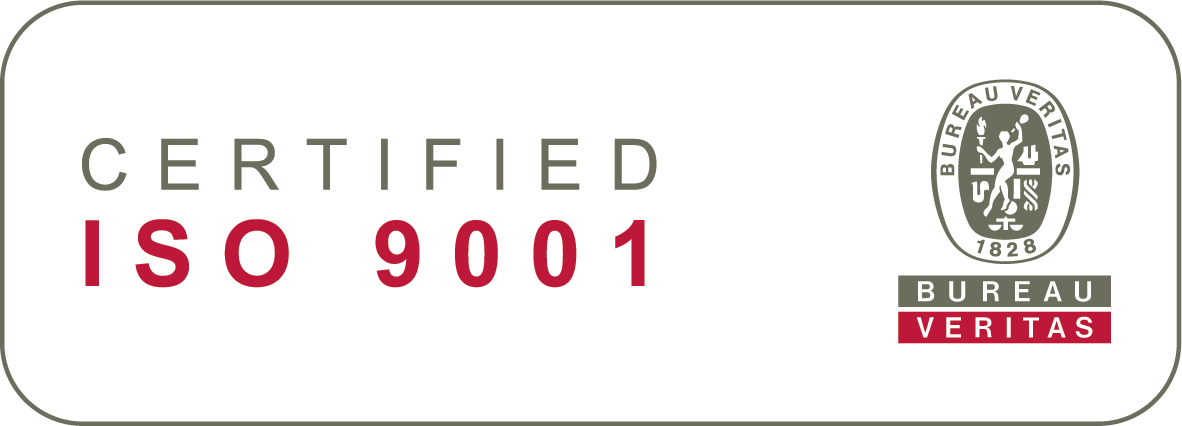Collaboration might just be the key to unlocking the organisation success so many professionals are struggling to achieve. Today, HR often remains ensnared in its administrative burdens, and is usually not seen as a driver of strategy. Enough is enough. Now’s the time for HR to emerge as a true partner in organisational success.
By integrating the entire organisation into HR functions in a meaningful way, leveraging tools and processes for real-time collaboration, and fostering a culture of transparency, HR can create its own path for becoming a strategic business ally. Let’s explore 5 reasons why the importance of collaboration in HR cannot be underestimated – and how it can play a pivotal role in leading an organisation towards growth.
Better collaboration will free HR from administrative hell
The first step towards improved collaboration in HR is liberating the department from its ongoing administrative burdens. Despite being a talking point for more than a decade, the most significant HR time sink is still dealing with the host of non-repeatable, ad hoc HR processes that lack clear ownership. This unstructured work burden means much of HR's work is not understood by the rest of the business.
To bridge this gap, we need to integrate the rest of the organisation into HR functions in a way that provides value. A great starting point is the implementation of tools and processes that enable teams to collaborate in real-time on tasks that directly contribute to organisational objectives. This is a real need HR can meet: and working together in a collaborative way also opens the door to a culture of collaboration and transparency. This is the first step to proving HR’s value as a strategic business partner.
Cross functional collaboration will generate new business insights
The benefit for the organisation is clear when collaboration in HR improves - they get to work together in a more meaningful way. For HR leaders, aside from lightening the admin workload, there is another, less obvious but more impactful benefit – you’re beginning to build a dataset of the needs and priorities of your business functions. When you pair an accurate snapshot of your organisational structure with company business objectives, it becomes a much more straightforward task to identify the core competences that will build a strategic advantage for each business function on the market.
In short, better collaboration in HR processes will paint a true picture of the capabilities of your workforce today to meet strategic goals and business objectives. This will add a new capability to your leadership superpowers – the ability to proactively suggest ways to more effectively redistribute your current resources with cost estimates tied to ROI for training and hiring. Instead of being downstream of leadership discussions, you can now actively steer them with vital business intelligence to hand.
Collaboration means learning how your whole business ticks
If it’s not clear yet, then it’s worth restating: collaboration in HR is essential for gaining a holistic understanding of how the entire business operates. Instead of being on the outside, or downstream of key discussions, better collaboration will allow you to bridge the departmental gap by learning to speak the same business language.
Take the time to step into the shoes of other departments, like sales, so you can understand their needs for resources and training to drive market expansion and product success. At leadership level, actively participate in board and C-suite discussions so you can level up your strategic insights and scenario planning knowledge. This will make it easier to HR initiatives with overarching business goals and move from a reactive mentality to proactive vision.
Managers will become HR’s agents of change
Beyond streamlining HR processes, and providing People insights tied to business objectives, it's crucial to support managers in their roles. By helping them understand the key performance indicators (KPIs) and productivity areas to prioritise for their teams, HR can empower managers to drive positive outcomes. And this is essential, because managers are one of the key drivers of impact in any organisation.
Outside of tools and processes, regular mid-level leadership discussions will guide HR towards providing the right leadership and key skills training for managers and their teams. Everyone wants to feel their work matters, and evidence-backed training programs ensure your workforce remains effective as the company pursues its goals.
Another way of saying this is that this is the conduit through which HR can foster the culture necessary to propel the organisation towards its vision and mission. A collaborative environment that promotes values aligned with the organisational objectives has empowered managers that lead by example and inspire their teams at its core.
Your whole organisation will understand – and trust – HR’s ability to support growth
The ultimate impact of collaboration in HR is a company-wide appreciation of HR's capacity to lead people, teams, and departments towards growth. Better collaboration means a track record of successful hires, training initiatives, and employee retention strategies, optimised payroll and training budgets. Outside of managers and department heads, this is music to a CFO’s ears: tangible evidence of HR’s impact, which helps leadership teams overcome cost aversion regarding their largest expense – human capital.
With all this credit in the bank, HR can move from a damage control function to a key strategic advisor in change management processes.HR will be able to provide data-driven guidance during periods of organisational change, because the whole organisation is already meaningfully invested in providing the insights needed to make better People decisions. And when a whole organisation is confident in HR's ability to support growth and drive success, HR will finally be in the position of trust it deserves to occupy.
Finally
Wrapping things up, the transformative power of collaboration in HR for the entire function extends far beyond administrative efficiency – it has the potential to change how an organisation perceives and interacts with HR as a whole. By shedding their administrative burdens, HR can begin to showcase the strategic value its workforce needs. Its already proven that companies that work together in a meaningful way make more impact.
Where collaboration in HR makes a key difference is that the fundamental unit of collaboration is not a task - it is a person. Optimising for people through collaboration delivers on two fronts: productivity, and culture. This is where the future of HR leads. This approach will allow HR to optimise resources in line with business objectives, empower managers, and become a catalyst for organisational success. This is why collaboration is the key for connecting People with Strategy.
Enhance HR and leader collaboration
Sympa's Collaborative HR offering brings HR and company leaders together by enabling swift adaptation to change and improved leadership engagement. In addition to this, it allows you to prioritise People in company strategy. 


